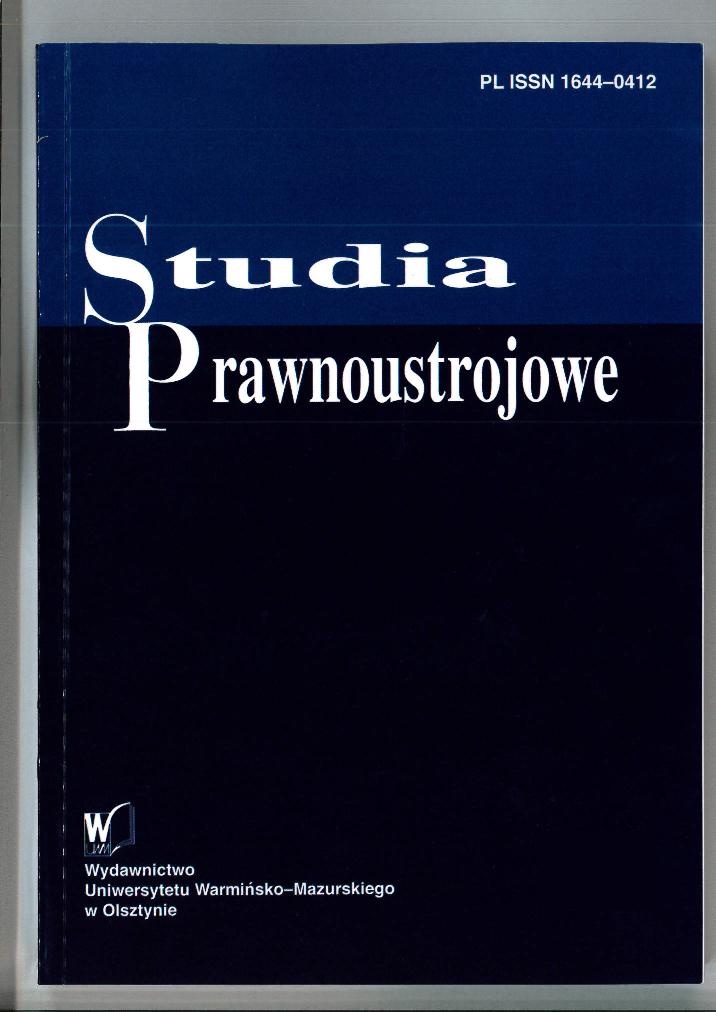Autonomia prawotwórcza niemuzułmańskich związków wyznaniowych jako dziedzictwo Imperium Osmańskiego na przykładzie Syrii i Egiptu
Legislative autonomy of religious communities as the legacy of the Ottoman Empire on the examples of Syria and Egypt
Author(s): Andrzej AdamczykSubject(s): Cultural history, History of Law, Diplomatic history, Political history, Social history, The Ottoman Empire, Sociology of Law
Published by: Wydawnictwo Uniwersytetu Warmińsko-Mazurskiego w Olsztynie
Keywords: personal status law; legal pluralism; sharia; non-Muslim communities; millets; the Middle East;
Summary/Abstract: In some Near Eastern states like Syria and Egypt, legal solutions having their roots in the millet system of the Ottoman Empire have been preserved. Norms of canonical law which originates from officially recognized non-Muslim communities have been sanctioned by authorities of these states which causes these states’ legal systems to be pluralistic. The goal of the paper is to determine the scope of the non-Muslim communities’ legislative autonomy. In the paper following issues have been presented: the genesis of the millet system in Egypt and Syria, the objective and subjective scope of legal autonomy granted to non-Muslim communities in these states, sources of law recognized in Syria and Egypt, and applied by non-Muslim religious communities, and some legal problems arising from preserving solutions typical for the Ottoman Empire.
Journal: Studia Prawnoustrojowe
- Issue Year: 2024
- Issue No: 64
- Page Range: 5-21
- Page Count: 17
- Language: Polish

